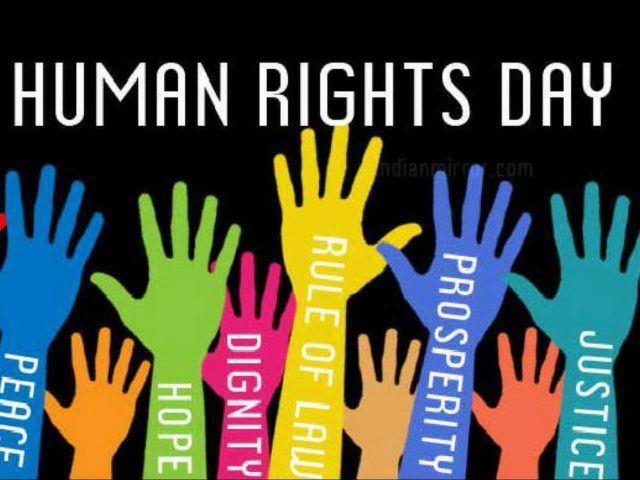What does Human Rights Day mean in 2017?
By Zweli Thobela
Human Rights Day in South Africa is historically linked with 21 March 1960, and the events of Sharpeville. On that day 69 people died and 180 were wounded when police fired on a peaceful crowd that had gathered in protest against the Pass laws. This day marked an affirmation by ordinary people, rising in unison to proclaim their rights. It became an iconic date in our country’s history that today we commemorate as Human Rights Day as a reminder of our rights and the cost paid for our treasured human rights.
It has been 57 years since the events in Sharpeville occurred, a lot has changed since that day or has it? I undertook an exercise to find out what human rights means to people from various ages and backgrounds.
Maria Khumalo – “people should be respected regardless of race, religion, tradition and nationality. Imigrants also have human rights, this world is not owned by a person but by God. We all should have the right to medical health, security, food, education and a home.”
Sello Hatang – “the core of human existence which if undermined can undermine the very existence of a person, understanding that all humans are equal and have equal value.”
Ms Carol – “we are all born equally, we should all enjoy equal rights, treat everyone the way we would like to be treated regardless of nationality, age, race, religion or ethnic orientation.”
Miguel – “the freedom to be who you are no matter your age, colour, gender and to have basic necessities ( basics which are required for survival)”
Mpho Mohahlele – “everybody is treated the same and we all have the same opportunities.”
Stephen Rushton – “I like the fact that I live in a country where we have political freedom. Where a person can vote for any political party he likes, where the ruling party can be changed and can be removed from power.”
There is a common factor amongst all of the answers given by the people interviewed, equality. We all want equality, whether it’s in education, health care or basic conditions of living. It is 2017 and we are still fighting for equality, there are South Africans that still live under sub-standard living conditions. Instead of pinning this on the government, I would like to take this opportunity to ask all of you to assist society where you can. For instance instead of complaining about our education system take a chance to tutor students on a high school subject or take the chance to mentor a person you think has potential, the little deeds that we do in our personal capacities can go a long way in helping our country have less inequality or reach the status of equality.
Let us build communities.


